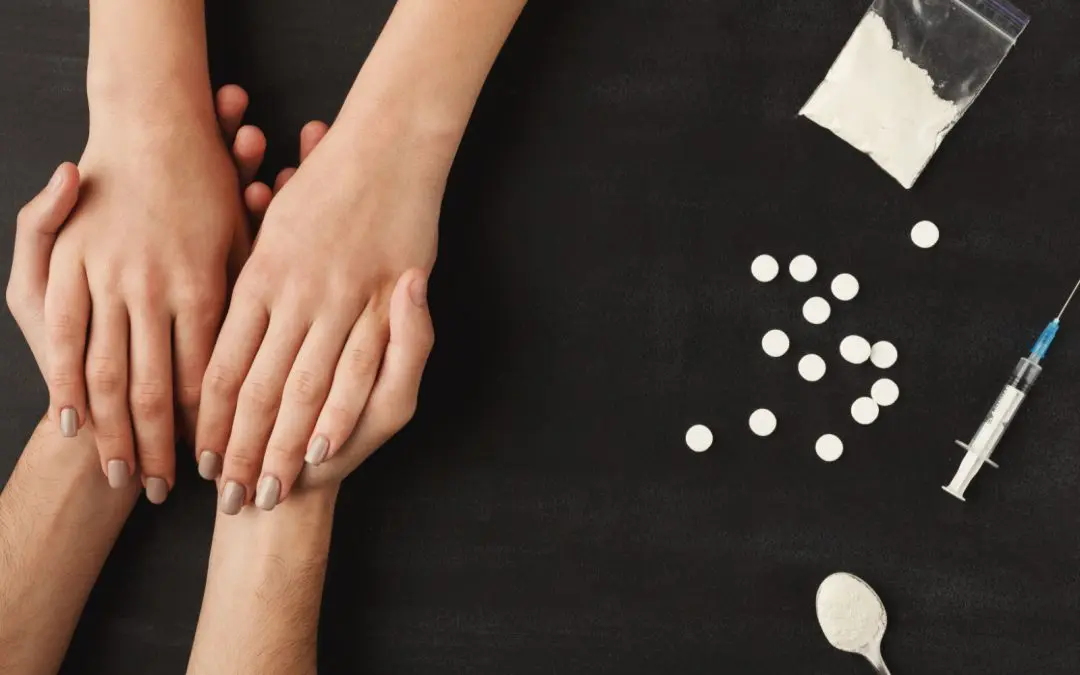24/7 Helpline:
(866) 899-221924/7 Helpline:
(866) 899-2219
Learn more about Aftercare Support centers in Maries County
Aftercare Support in Other Counties

Other Insurance Options

Medical Mutual of Ohio

State Farm

AllWell

Magellan

Horizon Healthcare Service

Ambetter

Holman Group

Lucent

UMR

Anthem

Multiplan

CareFirst

GEHA

Health Choice

Molina Healthcare

PHCS Network

Highmark

Optima

BHS | Behavioral Health Systems

Amerigroup




































